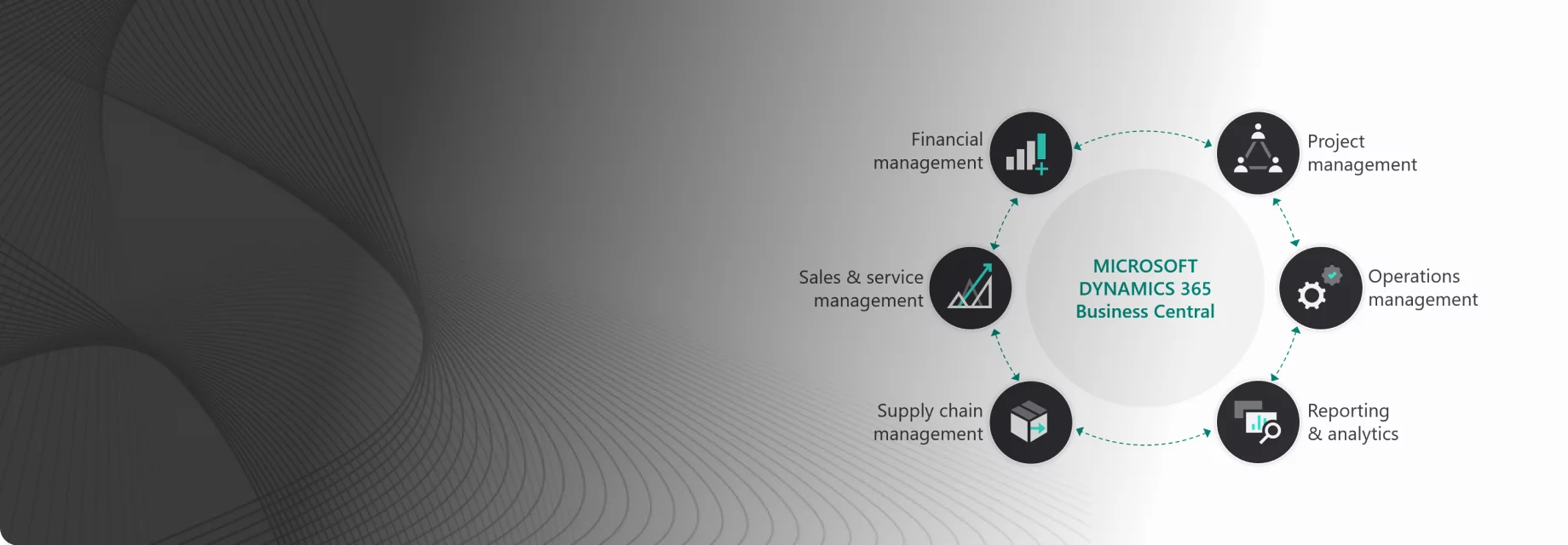Where data is the lifeblood of businesses, safeguarding sensitive information and ensuring privacy is paramount. One breach can have severe consequences, making it essential to build a robust data protection strategy. Microsoft Azure, a leading cloud platform, offers a comprehensive suite of tools and services to fortify your data and privacy defenses. From encrypted data storage to advanced Identity and Access Management (IAM) solutions, Azure empowers businesses to secure their most valuable assets effectively.
Let’s explore how Azure’s cutting-edge features, including Azure Key Vault, MEAN stack development, and its seamless integration with open-source tools, play a pivotal role in protecting data and privacy, empowering organizations to thrive in a secure digital landscape.
1. Encrypted Data Storage:
Azure provides robust encryption mechanisms that secure data both at rest and in transit. When data is stored in Azure’s cloud, it can be automatically encrypted using Advanced Encryption Standard (AES) 256-bit encryption. This ensures that even if unauthorized individuals gain access to the physical storage media, the data remains unreadable and useless without the encryption keys. Additionally, Azure offers transport-level encryption, which safeguards data as it travels between a user’s device and the Azure data centers. By implementing encrypted data storage, businesses can enhance their data protection and thwart potential data breaches.
- Automated Encryption with AES 256-bit: When data is stored in Azure’s cloud, it can be automatically encrypted using the Advanced Encryption Standard (AES) 256-bit encryption. AES 256-bit encryption is a widely recognized and highly secure encryption standard that ensures the confidentiality and integrity of data. By encrypting data at rest, even if unauthorized individuals gain physical access to the storage media, the data remains unreadable without the appropriate encryption keys.
- Secure Key Management: Encryption keys are critical for decrypting the data and making it accessible to authorized users. Microsoft Azure provides secure key management solutions, allowing users to manage their encryption keys securely. This ensures that only authorized personnel have access to the encryption keys, and even Microsoft personnel cannot access the data without proper authorization.
- Transport-level Encryption: Azure offers transport-level encryption, which secures data as it travels between a user’s device and the Azure data centers. This encryption protects the data while it is in transit, safeguarding it from potential eavesdropping and unauthorized access during transmission.
2. Identity and Access Management (IAM):
IAM is a crucial aspect of data and privacy protection, as unauthorized access to sensitive information can lead to severe consequences. Azure’s IAM solutions help businesses control and manage access to their resources, applications, and data. Azure Active Directory (Azure AD) is a powerful identity management service that enables organizations to establish single sign-on (SSO) for their employees and implement multi-factor authentication (MFA) to add an extra layer of security. Moreover, role-based access control (RBAC) allows administrators to grant access privileges based on job roles, reducing the risk of data exposure to unauthorized users.
- Multi-Factor Authentication (MFA): Microsoft Azure supports Multi-Factor Authentication, an additional security layer that goes beyond traditional username and password authentication. MFA requires users to provide two or more authentication factors, such as a password combined with a one-time code sent to their mobile device. This significantly reduces the risk of unauthorized access, even if login credentials are compromised.
- Role-Based Access Control (RBAC): RBAC is a crucial feature in Azure IAM, allowing administrators to define and manage access rights based on users’ job roles or responsibilities. This granular approach ensures that employees have access only to the resources and data necessary for their work, reducing the potential exposure of sensitive information to unauthorized individuals.
- Privileged Identity Management (PIM): Azure’s Privileged Identity Management enables organizations to manage and control access to privileged roles. It allows for just-in-time (JIT) access, meaning privileged permissions are granted only when needed and for a limited time. This minimizes the risk associated with long-term privileged access and ensures that critical actions are taken with the appropriate level of oversight.
3. Azure Key Vault:
Azure Key Vault, a cloud-based service offered by Microsoft Azure, is a reliable solution that safeguards cryptographic keys, certificates, and other crucial secrets used across various Azure services and applications. By providing centralized key management and leveraging Hardware Security Modules (HSMs), Azure Key Vault ensures enhanced key protection and mitigates the risks associated with key exposure. Migrating to the cloud and utilizing Azure Key Vault empowers businesses and enterprises to offload the complexities of managing sensitive cryptographic materials.
This not only bolsters data security but also allows organizations to focus on their core competencies, streamline application deployment, and embrace the agility and scalability offered by the cloud. With Azure Key Vault, businesses can confidently deploy their applications, resting assured that their cryptographic assets are in safe hands, and data integrity remains uncompromised.
- Centralized Key Management: Azure Key Vault provides a central repository for managing cryptographic keys, certificates, and secrets used in various Azure services and applications. This centralization streamlines key management tasks, making it easier to create, store, and control access to cryptographic materials.
- Hardware Security Modules (HSMs) Integration: Azure Key Vault supports Hardware Security Modules (HSMs) to protect and secure cryptographic keys at the hardware level. HSMs are specialized devices that provide a highly secure environment for key operations, ensuring that keys are not exposed to unauthorized access or tampering.
- Secure Key Generation: Azure Key Vault allows users to generate cryptographic keys securely within the service. The keys are created using industry-standard algorithms and can be customized based on the application’s specific security requirements.
- Key Import and Backup: Key Vault enables users to import their own cryptographic keys securely into the service. This allows organizations to bring their existing keys into Azure Key Vault and manage them centrally. Additionally, Key Vault offers backup and restore capabilities to ensure the continuity of key operations.
4. Data Loss Prevention (DLP):
Data leakage can lead to severe repercussions, including financial losses and reputational damage. Azure’s Data Loss Prevention (DLP) capabilities help organizations detect and prevent the unauthorized disclosure of sensitive data. By defining policies and rules, businesses can automatically scan and classify their data, ensuring that critical information is adequately protected. Azure DLP works across various Azure services, on-premises applications, and endpoints, providing a comprehensive solution to safeguard data privacy.
5. Threat Detection and Monitoring:
Continuous monitoring of data and applications is vital in detecting potential threats and vulnerabilities. Azure Security Center offers advanced threat detection and monitoring capabilities. It uses machine learning algorithms and behavioral analysis to identify suspicious activities and potential security breaches. By proactively responding to threats, businesses can minimize the impact of security incidents and maintain the privacy of their data.
From encrypted data storage and access management to key management and threat detection, Azure offers a wide array of features to help businesses defend against potential threats and ensure the confidentiality of their data. Embracing Azure’s security offerings not only bolsters data protection but also helps build trust with customers and partners, fostering long-term success in the modern digital landscape.
As data breaches continue to make headlines and privacy concerns grow, Azure remains at the forefront of data protection, empowering businesses to stay one step ahead of evolving threats and safeguarding their most valuable assets – their data and their customers’ trust.










